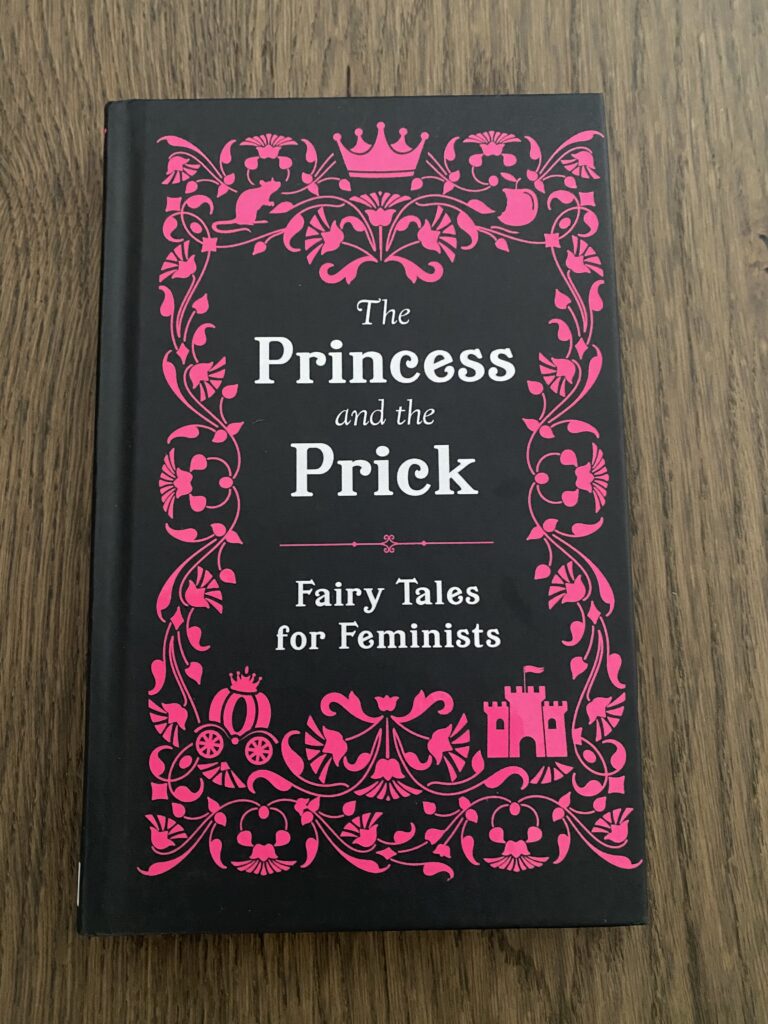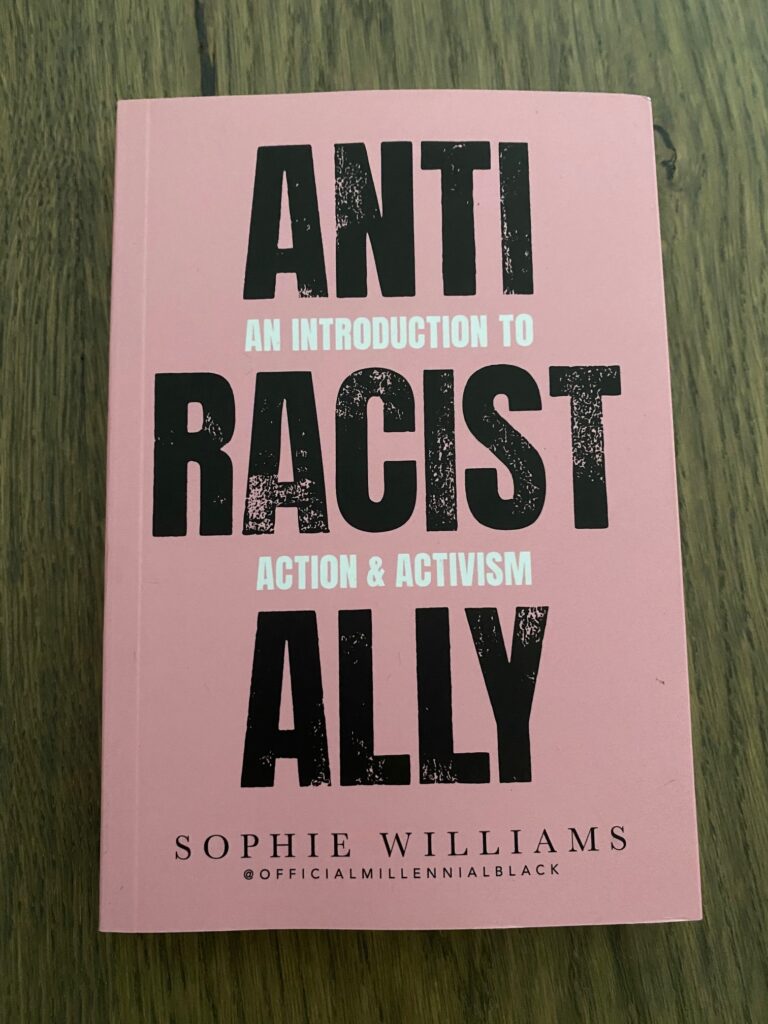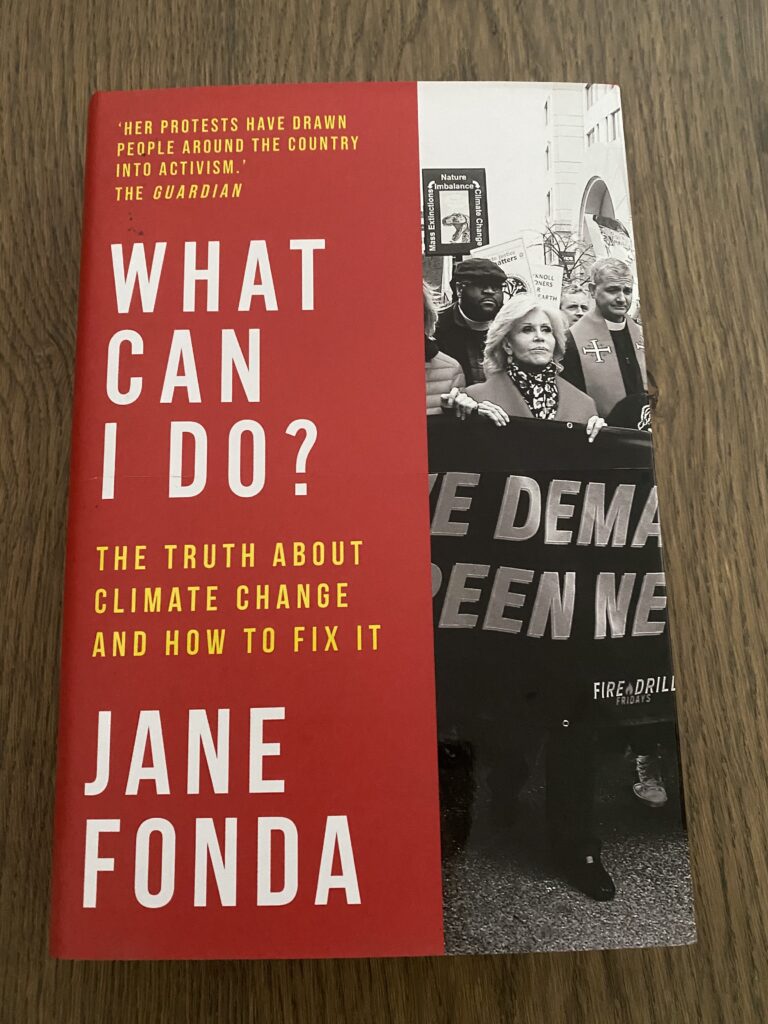
Frost Magazine has an exclusive interview with Mike Nicholson, the director of a new Hillsborough documentary. Mike has worked very hard on his documentary and it is definitely one to watch. Read our amazing interview to find out more.
How did the documentary come about?
I took a documentary makers course at Raindance when I first bought my video camera, and the tutor said that your first film should be about something you know a lot about, and something you are passionate about. That was it for me; it had to be about Hillsborough.
Do you think that people know the truth?
I think the people of Merseyside know the truth, and many people outside the area do as well of course. Even as the disaster was still unfolding, Chief Superintendent David Duckenfield, who was in charge of policing Hillsborough on that awful day, set the lies in motion. He gave the order to open a perimeter exit gate that allowed thousands of supporters into the ground at once, and he also failed to cut off access to the tunnel that led to the already full central pens. Once the enormity of his decision started to dawn on him, he lied, and said that Liverpool fans had forced the gate causing an inrush.
Duckenfield later admitted to that ‘disgraceful lie’ as it was called in the Taylor Report, but it had already set the tone for many media reports, and by the time he retracted it the damage had been done. I still meet people today that believe the lies printed all those years ago. I just hope that the findings of the Independent Panel are reported widely, and in headlines, so that the wider people who only say the lies will finally see the truth.
What did you think of the Taylor report?
I personally think that the Taylor Report was very thorough, and correct in its findings. Lord Justice Taylor found that a breakdown of police control was the main cause of the disaster, and rejected claims from senior officers who appeared to be in arse-covering mode that Liverpool fans wee ticketless, drunk or aggressive. As I said before though, the general publics don’t read such reports to get their news, so its findings are largely invisible to the wider public.
What is the legacy of the Hillsborough disaster?
All seater-stadia. You can never say never, and we should always guard against complacency of course, but I can’t see how another disaster of this magnitude could happen in today’s game and that’s great.
Daughters, sisters, brothers, father’s and sons all died at Hillsborough, and all they wanted to was to enjoy the national game with their family & friends. Today’s game looks after its supporters so much better than it used to, and that has got to be a good thing.
At least three people who survived the Hillsborough have committed suicide. Do you think more could and can be done to help?
I don’t know if more could have been done. I am no expert on post-traumatic stress disorder or grief, and I wouldn’t like to say to be honest. I can say that fantastic organisations such as the Hillsborough Justice Campaign, who still to this day have a shop on the Walton Breck Road opposite the Kop, offer counseling and help for those who are struggling to come to terms with their experiences at Hillsborough.
It has been over 20 years since the disaster now. Do you think there is risk that people might forget?
The families and friends affected will never forget.
What is the aim of your documentary?
I understand that some of the big TV companies are currently working on broadcast documentaries on Hillsborough to coincide with the Hillsborough Independent Panel’s report, which is due this September.
TV content tends to be guarded by rights though, and it is rarely open and freely given away online for anybody to see after it has been broadcast, and if it is, it is for a short window of time.
I want this documentary to be online forever; so future generations searching for the Hillsborough Disaster will be able to find something factual that in the main was told by those who were there. I won’t charge a penny for it, and it will be freely available to anybody with the will to learn the truth. I just want the truth to be told really.
Who did you speak to?
I have spoken to survivors, the bereaved, professional people such as firemen and nurses who were their as fans that day, and ended up working in the most horrendous of circumstances. I’ve also contacted The Hillsborough Family Support Group, the Hillsborough Justice Campaign and Hope for Hillsborough. I have also spoken to fans who were at Hillsborough for previous semi-finals, and a professor who is one of the world’s leading experts in crowd dynamics. I still have some interviews to conduct, and I hope to have at least part one ready online by the end of September.
What can be done to make sure this never happens again?
I think football learnt its lesson after Hillsborough. The stadiums in the first two divisions at least are well maintained, they are all-seater, and there are no fences to keep supporters penned in like animals.
What do you think people don’t know about the Hillsborough disaster?
The truth. The South Yorkshire Police managed that event badly, and caused the deaths of 96 men, women and children, and as I have already said they started to lie about the cause while the fans were still dead and dying on the pitch.
I think I was naive enough before Hillsborough to believe that the Police are there to protect you, and they don’t tell lies, but that innocence went away after Hillsborough forever.
There is a lot of talk now about the freedom of the press, what with the News International phone hacking scandal, but while I agree that a free press is important, that can only work if they are responsible enough to tell the truth. When The Sun printed a headline that it later described as ‘the worst mistake in our history’ they caused unbearable pain and stress to people who were still arranging funerals for those lost on the 15th April 1989. The lies and the cover-up are often referred to as the second disaster of Hillsborough, and I agree with that sentiment.
Is there a charity that people can donate to?
There are three main organisations that I know of, and they each operate for slightly different reasons. You can visit their web pages here:
The Hillsborough Family Support Group – http://www.hfsg.net
The Hillsborough Justice Campaign – http://www.contrast.org/hillsborough/
Hope for Hillsborough – http://www.hopeforhillsborough.piczo.com/?cr=
When will the documentary be released, and where can people see it?
The documentary will be a three-part series, and I hope to have the first part live in September.
It will be released first at www.thehillsboroughdisasterdocumentary.com
For updates and news, please follow @HillsboroughDoc on Twitter of like the Facebook page here https://www.facebook.com/pages/Hillsborough-Disaster-Documentary/283632178348441











